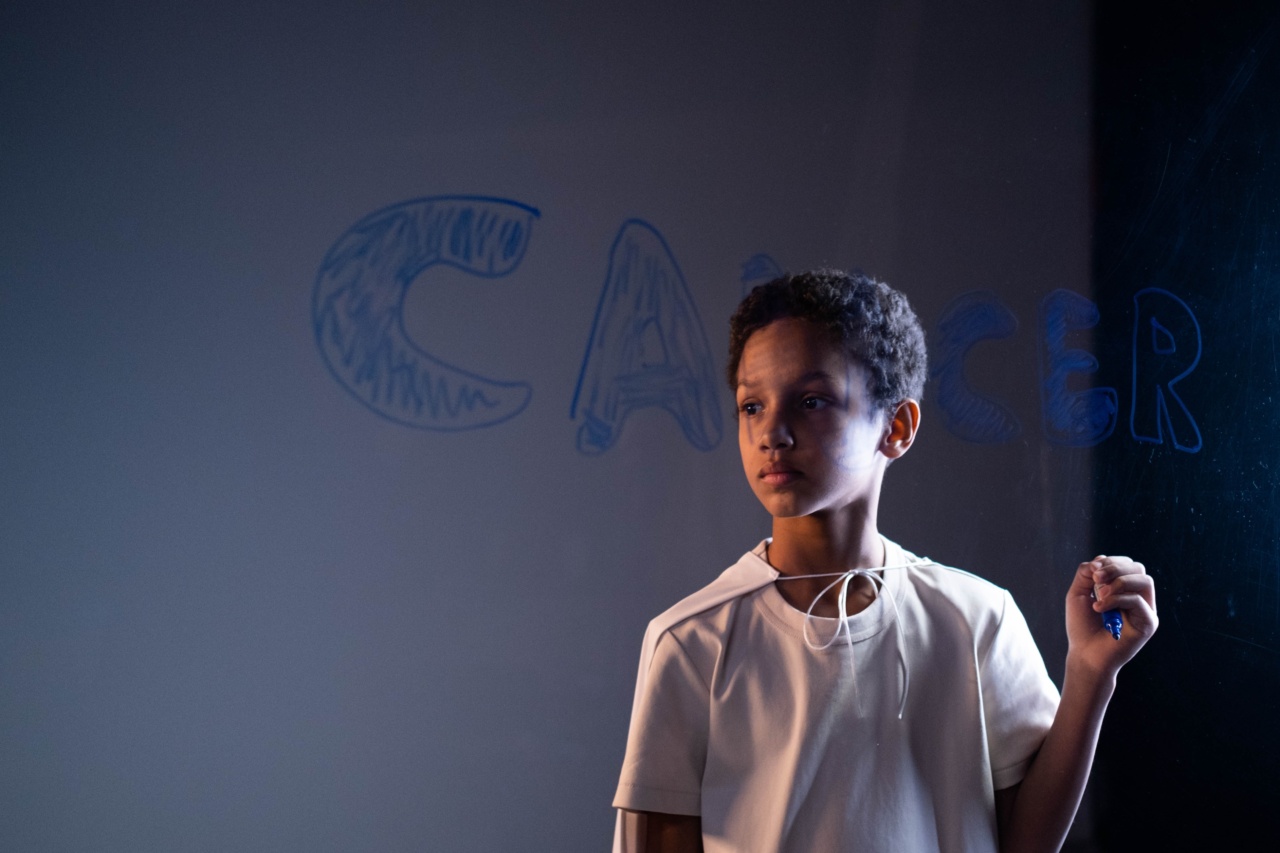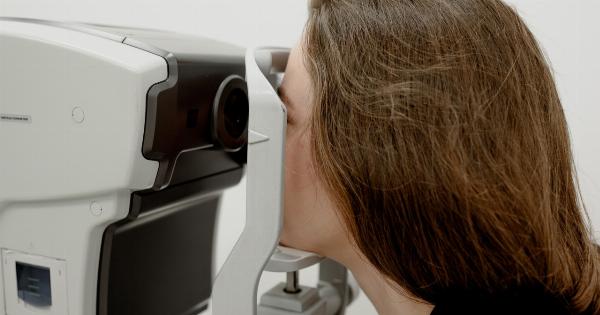Assisted reproductive technologies, such as in vitro fertilization (IVF), have revolutionized the field of infertility treatment, giving hope to millions of couples longing to become parents.
While these techniques offer tremendous benefits, recent studies have raised concerns about a potential link between IVF treatments and an increased risk of cancer in children conceived through this method. This alarming correlation has sparked a debate in the medical community, urging further investigation to fully understand the risks involved.
Understanding IVF and Its Popularity
IVF involves the retrieval of eggs from a woman’s ovaries and their fertilization with sperm in a laboratory. Embryos are then transferred into the woman’s uterus.
This powerful technique enables couples struggling with infertility to have a biological child, bypassing various fertility problems. As a result, IVF has gained immense popularity and has become a widely available treatment worldwide.
The Emerging Concerns
While IVF has undoubtedly brought joy and happiness to countless families, recent studies have hinted at a potential connection between these treatments and an increased incidence of cancer in offspring.
Researchers have observed a higher prevalence of certain childhood cancers, such as leukemia and neuroblastoma, among children conceived through IVF compared to those conceived naturally.
Possible Explanations
Several theories have been proposed to explain the observed correlation between IVF treatments and cancer. One hypothesis suggests that it could be a result of the underlying infertility rather than the IVF procedure itself.
Couples undergoing assisted reproductive technologies may already have a higher risk of genetic abnormalities or other factors predisposing their children to cancer.
Another theory points to the potential impact of the fertility drugs used during IVF. These drugs stimulate the ovaries to produce multiple eggs, increasing the chances of successful fertilization.
However, these medications also manipulate hormone levels, potentially disrupting the delicate balance that regulates cell growth, increasing the risk of cancer in the developing embryo.
Additionally, the process of manipulating embryos in the lab, including genetic screening and modifications, could potentially contribute to the increased risk of cancer.
The complex interactions between embryo development and various laboratory techniques are still not fully understood, and any disturbances in a crucial developmental stage could have long-term consequences.
Evidence from Research Studies
Several studies have examined the potential link between IVF treatments and cancer in children, but the findings have been inconsistent.
Some studies have reported an increased risk of cancer in IVF-conceived offspring, while others have found no such association. It is crucial to acknowledge that many of these studies have limitations, such as small sample sizes, potential biases, and lack of long-term follow-up.
A study published in the Journal of the American Medical Association (JAMA) in 2019 analyzed data from over one million children born after IVF or other assisted reproductive technologies.
The study found a small but statistically significant increase in the overall cancer risk among children conceived through IVF compared to those conceived naturally. However, the absolute risk remained relatively low, indicating that the increased risk may not be clinically significant.
Another study conducted by the Dutch Childhood Oncology Group analyzed more than 40,000 children and found no increased risk of cancer in those conceived through IVF.
These conflicting findings serve as a reminder that more research is needed to gain a comprehensive understanding of this complex issue.
Recommendations for the Future
In light of the potential correlation between IVF treatments and childhood cancer, it is crucial to prioritize further research to unravel this intricate relationship.
Large-scale, long-term studies with diverse populations are necessary to eliminate confounding factors and establish a definitive connection.
Furthermore, enhancing the monitoring and follow-up of children conceived through IVF can aid in assessing their long-term health outcomes, including cancer risk.
Building comprehensive registries that collect detailed data on IVF-conceived children and tracking their health over time can provide valuable insights into the potential risks and develop targeted interventions if needed.
The Importance of Informed Consent
Given the uncertainties surrounding the correlation between IVF treatments and cancer in kids, it is vital for healthcare providers to educate prospective parents about the potential risks.
Informed consent discussions should include a thorough understanding of the available data, potential hypotheses, and the need for ongoing research. Transparency and open communication can empower couples to make informed decisions about their fertility options.
Conclusion
The correlation between IVF treatments and cancer in children remains a subject of concern and ongoing investigation. While some studies suggest a potential link, others find no association.
It is essential to approach this topic with caution, recognizing the limitations of existing research and the need for more comprehensive studies.
Assisted reproductive technologies, including IVF, have undoubtedly transformed the lives of countless families struggling with infertility. However, the potential risks, such as a slightly increased risk of childhood cancer, cannot be ignored.
As medical science advances, further research and insights are necessary to strike a balance between the benefits and risks of these treatments, ensuring the well-being of both parents and their children.






























